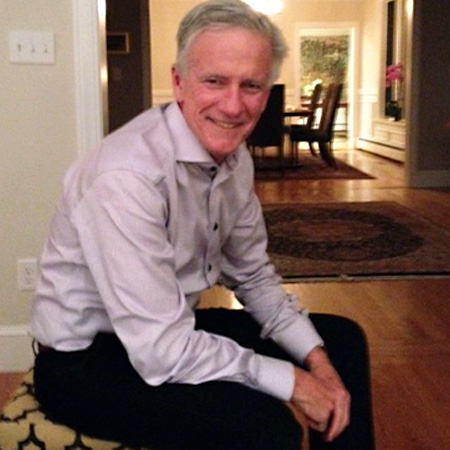In the first weeks of 1973 the mailman held the key to my future. I'd taken my induction physical and exams. Recruiters were calling to share the happy news that I was "officer material." I wasn't interested, just as I wasn't interested in Canada or prison. Although I didn't support the war, I also didn't think it was right for somebody else to serve in my place. So I waited for the letter telling me I'd been drafted.
Then a miracle happened. Richard Nixon ended the draft. He had made the cynical calculation that a nation with an all-volunteer army would be one where people were much less likely to protest a decision to go to war.
But if he was right -- and I think he was -- and we have fought wars we would not have if all our children had been at risk, we have to accept that some people have died so that others could be spared an obligation to serve. The abolition of the draft -- as much as I welcomed it as a young man and was grateful for it as a father -- is one of those moments when the equalitarian America whose disappearance we mourn, began to fall apart.
Our debates about inequality begin with the measurement of differences in outcomes. But a definition of equality begins with the things we share. We will never be all the same, but we could bear the same burdens, face the same risks. Our equal rights could come with equal responsibilities. But ours is now a country where we are all free to pursue our happiness, but the defense of the right to do so is left to those who either feel a sense of duty or face a dearth of alternatives.
The younger version of myself -- the one who faced the possibility of military service -- did not share these concerns. I was happy to avoid an obligation, when in reality I, and the rest of the country, were accepting the following bargain: in exchange for protecting ourselves we would end up making war and inequality more likely, not less.
